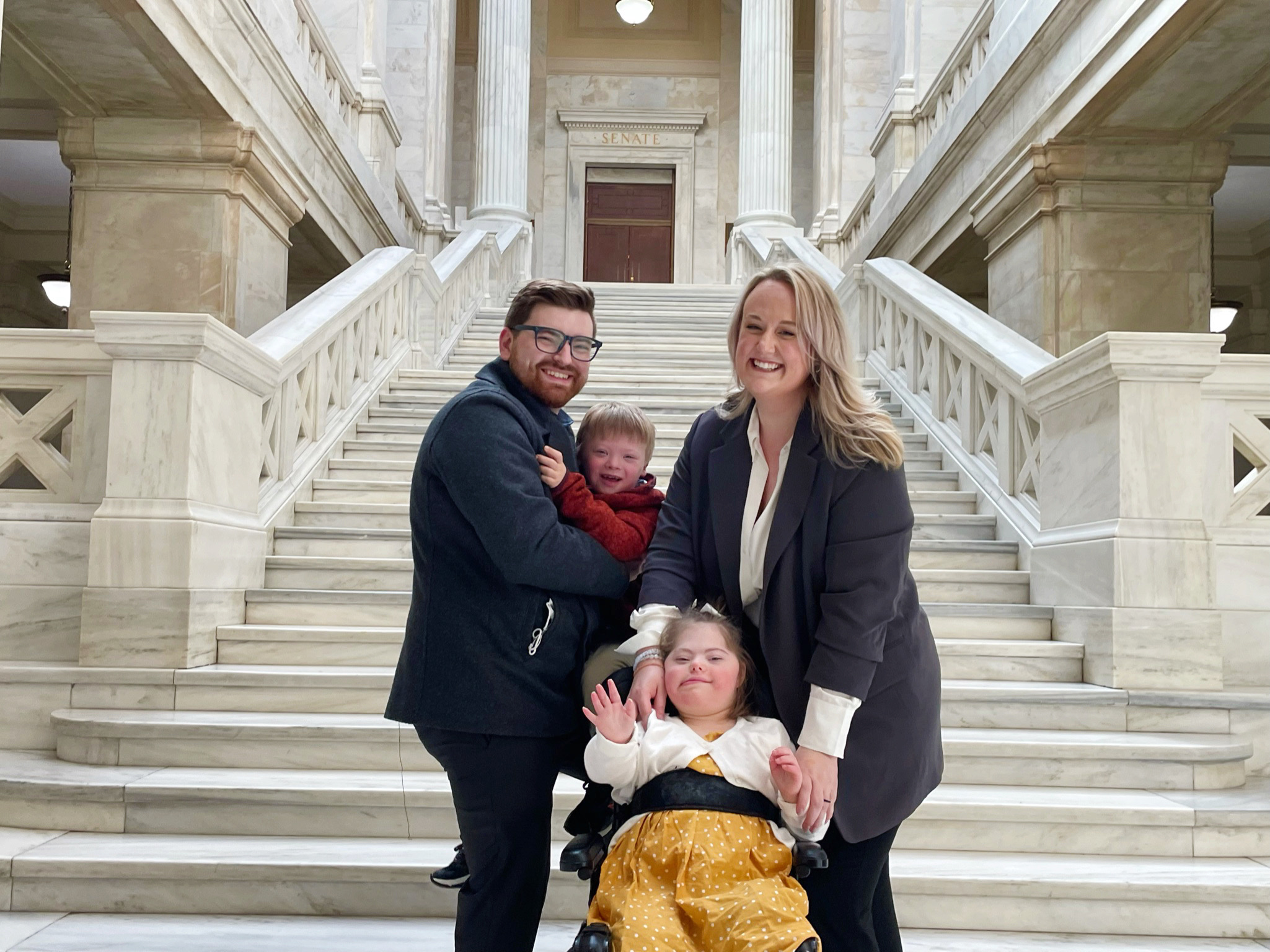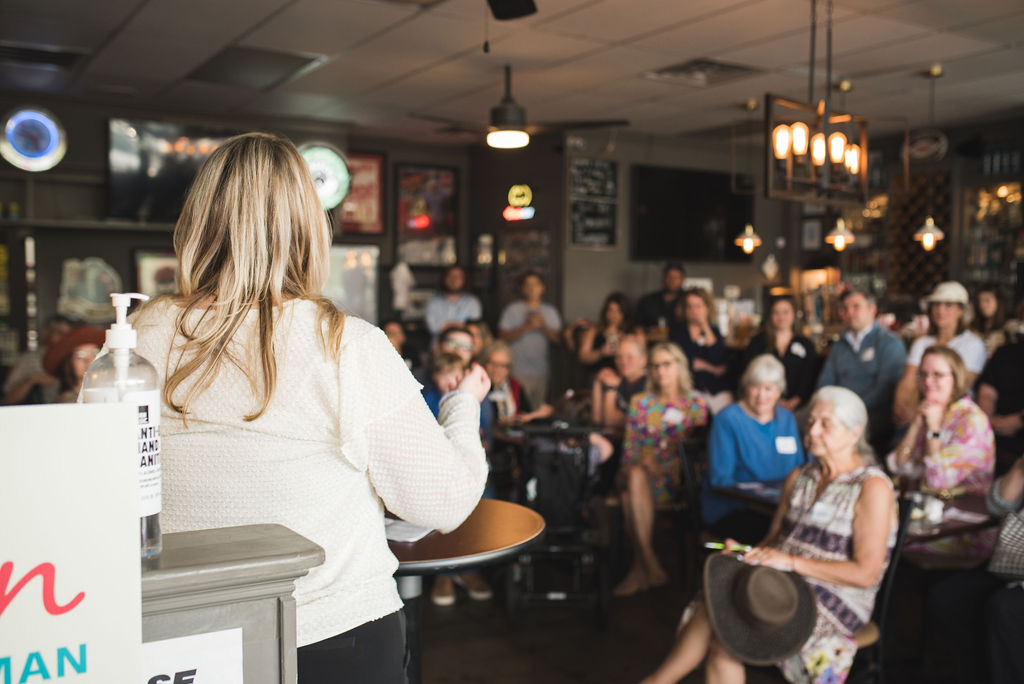It’s another beautiful morning in Arkansas, and we’ve had a long couple of weeks. As I type this, we are a few hours away from the Senate Education Committee’s second hearing of the LEARNS bill, which is sure to pass. It will hit the Senate floor tomorrow, where it will pass on to the Governor’s desk and likely be signed into law by the end of the week.
I outline this timeline not to be discouraging, but to give us all a realistic picture of what’s to come. We don’t have to fear this order of events. There will be action steps in the coming weeks and months. For now, keep having conversations about the humans who will be most affected by this policy: students and teachers.
Over the past few weeks, I have met many people new to activism and advocacy. The most important advice I want to offer is not revolutionary, but neither is it easy:
Your advocacy must be sustainable if it is to be effective.
The burnout rate in political activism is sky high, perhaps especially in places like Arkansas.
Now I’m going to say a thing that we hear a lot— There is so much work to do.
You’re likely tempted to take that insurmountable, overwhelming collective workload and think one of two things:
- There is so much work to do that I cannot rest. (This will lead to burnout.)
- There is so much work to do that what I do doesn’t matter. (This will lead to numbing and complacency.)
Both of these approaches end in disengagement, so we need another way.
This third way of being is sustainable, and it is undeniably better for any social movement. This better way of advocating says—
I am essential to the work, but I am not alone in it.
Longevity is as important as intensity.
If I need help, I can ask for it.
Rest, too, is resistance.
Arkansas has decades of work ahead of her, with more work added each day. If we are going to see a brighter Arkansas for our children, we have to start making our work sustainable.





